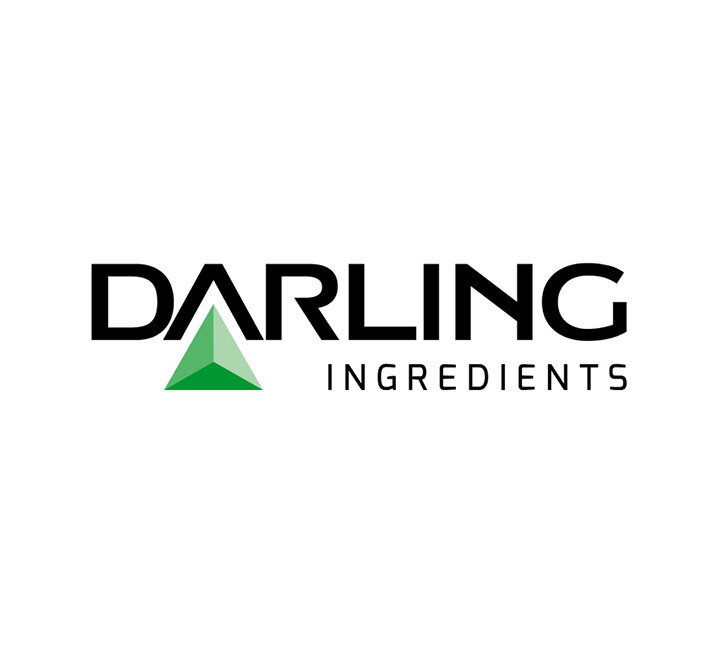Blue Chitin
Our vision
Aquaculture is going to play a very important role in supplying the world with sufficient animal protein in the upcoming decades. However, the growth of the aquaculture industry is going to be limited by a lack of current resources and inefficient processes. Furthermore, fish populations are being overfished and rainforests are transformed into agricultural land. Blue Chitin wants to achieve a major reduction in such overexploitation. Therefore, we need to do more with less!
Our solution
The high demand for fish meal and soybean meal creates scarcity. The current growth of the aquaculture industry is heavily reliant on these unsustainable resources. Aquaculture must keep expanding to meet future fish demand. Doing more with less would be the solution to realize this growth. Blue Chitin wants to contribute to this resource deficiency by providing a feed additive that will improve the nutrient uptake efficiency in Nile tilapia. This efficiency improvement creates huge opportunities because more fish protein can be produced with the same resources! On top of all of this, the feed additive mainly consists out of waste material from the shrimp industry. Thereby, contributing to a circular economy!
Our market
Blue Chitin targets aquafeed manufacturers that implement sustainability policies in their business model. Since the majority of the aquafeed manufacturers that are heavily interested in increasing the sustainability of their aquafeeds are located in Europe, Blue Chitin will focus on the European market at first. Companies like Nutreco (Skretting) and Cargill express their interest of implementing products that contribute to improved sustainability (e.g. Skretting: “Sustainability, it’s not just what we aspire to do, it’s what we do.”) Blue Chitin assist aquafeed manufacturers to reach their sustainability aspirations.
About the team
Blue Chitin consists of an international group of friends dedicated to finding a solution for sustainable development. Our expertise mainly focuses on animal nutrition in combination with proper knowledge of aquaculture and the insect industry. We are driven to eliminate unsustainable sources of protein in aquafeeds. And while doing so, contributing to the growth of the aquaculture industry, which will provide the future world population with sustainable protein.
